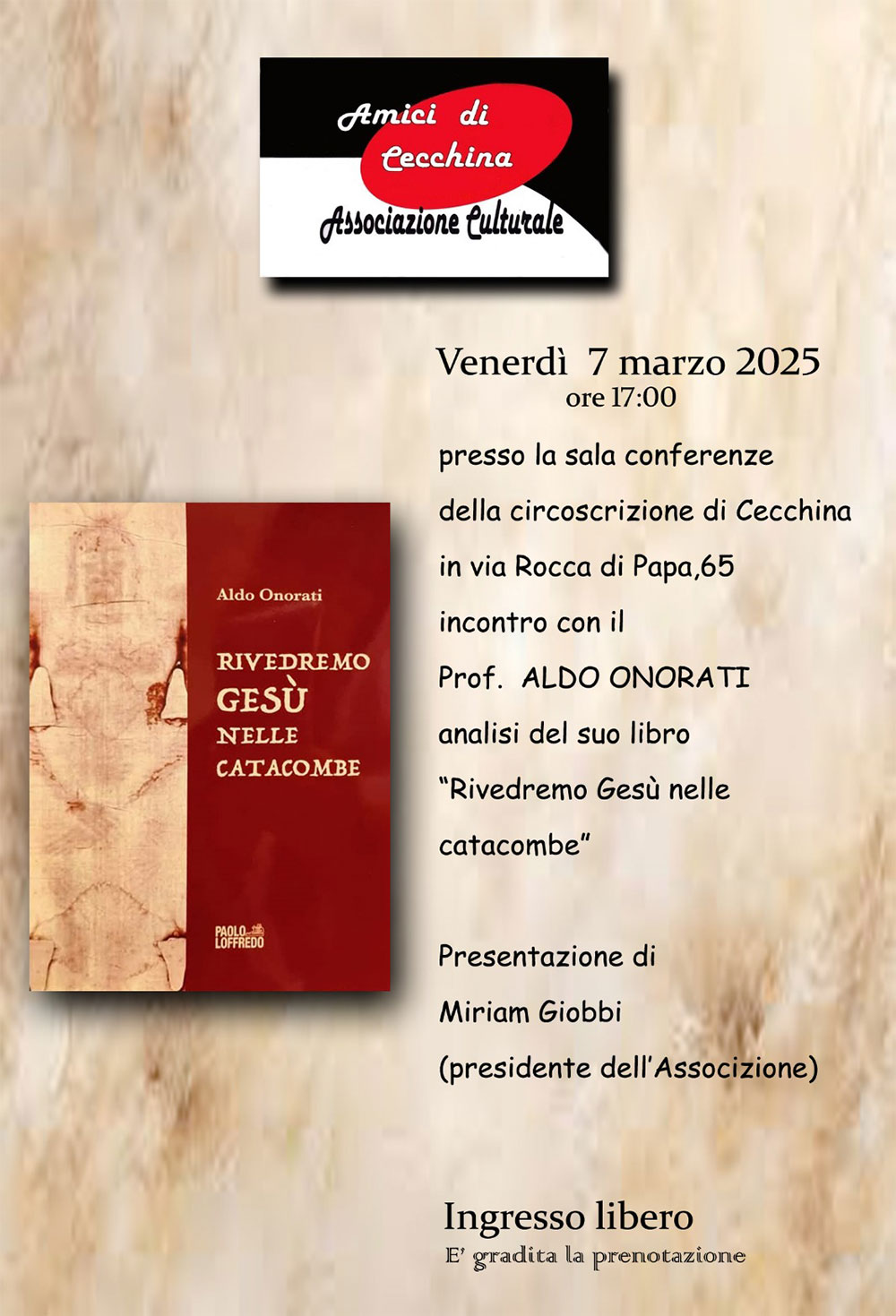 Paolo Loffredo, sixth generation of a large family of publishers and booksellers engaged in the production and distribution of books since the late nineteenth century, creates in 2012 the new editorial company Paolo Loffredo Editore. The historical site was until the '80s in the heart of the historic centre of Naples in Via San Biagio dei Librai, lower Decumano and also known as the SpaccaNapoli.
Paolo Loffredo, sixth generation of a large family of publishers and booksellers engaged in the production and distribution of books since the late nineteenth century, creates in 2012 the new editorial company Paolo Loffredo Editore. The historical site was until the '80s in the heart of the historic centre of Naples in Via San Biagio dei Librai, lower Decumano and also known as the SpaccaNapoli.
At the beginning of the twentieth century, Giuseppe Loffredo decided to add book selling to the book production, which definitively imposed itself after World War II with the publication of manuals for the University and for the School that succeeded in establishing themselves soon throughout Italy.
LAST EVENT
"Rivedremo Gesù nelle catacombe"
07 Marzo 2025 - Sala Conferenze circoscrizione di Cecchina - via Rocca di Papa 65, Albano Laziale (RM) - ore 17,00

“Verba manent” su platone e il linguaggio
ISSN: 2611-3562
Language: Italian, Greek
Publisher: Paolo Loffredo Iniziative Editoriali

Description
“Verba manent” su platone e il linguaggio
I gather in this volume some of my recent essays on the Platonic philosophy of language. These are reports held at international conferences and therefore already published in the proceedings of those conferences. Because of their lack of availability in the original locations, in many cases abroad, I thought to bring them together to be easily accessible for students, scholars and simple readers. Their common thread is the very high interest that - for the entire duration of his life - Plato nourished for words: for their visual nature, so to speak immediately semantics; for the linguistic, rhetorical, grammatical and aesthetic questions, which never in the dialogues of Plato are specialized topics of this or that discipline, but always and only problems of philosophy. It is possible to explain this interest starting from an interpretation of the famous passage of the Phaedrus in which the philosopher pronounces his critique of writing. This step lends itself to starting from a unitary interpretation of the Platonic philosophy of language, because, in turn, it requires to be read against the background of the historical-cultural context in which it was conceived.



